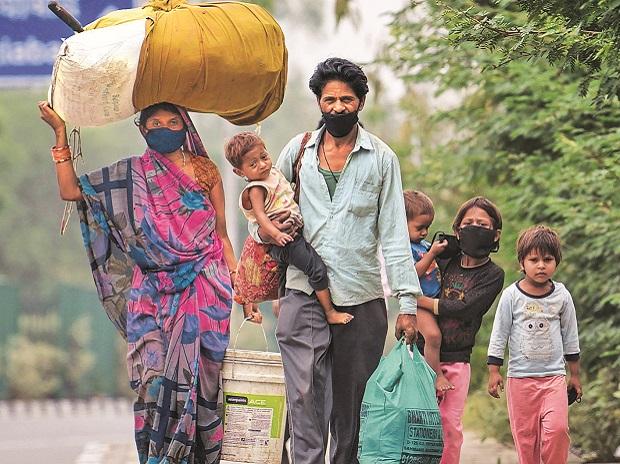The invisibles
The rush hour

India came to a screeching halt in March as the government imposed the strictest lockdown anywhere in the world. Places that would normally be bustling with people and traffic became virtually empty.
Victory for science

The intense focus yielded in a breakthrough in a record-breaking time of less than a year. By December, Pfizer and Moderna vaccines were approved for use in the US and UK. Affordable vaccines by India's Bharat Biotech and Serum Institute are also being readied for roll-out soon.
Virus trackers

Early on in the coronavirus outbreak, contact tracing became a vital tool in India's efforts to rein in the virus.
Unequal pain

As the lockdown closed all public transport, millions were driven to walk back to their villages hundreds of kilometres away. It was one of the biggest migrations in modern India.
A veil of protection

From bakery shops to ride-hailing companies, plastic sheets were put up to guard against the coronavirus and prevent infections.
An uneasy ride

Many ambulance workers got infected while ferrying coronavirus patients during the pandemic.
Positive play

As the virus spread rapidly throughout the country, stadiums, hotels and train coaches were hurriedly turned into makeshift hospitals.

 Dear Reader,
Dear Reader,
RECOMMENDED FOR YOU